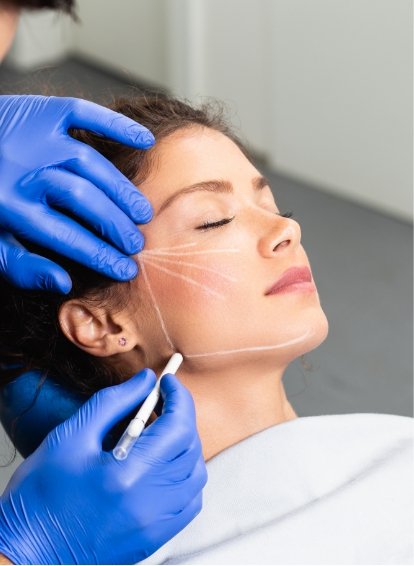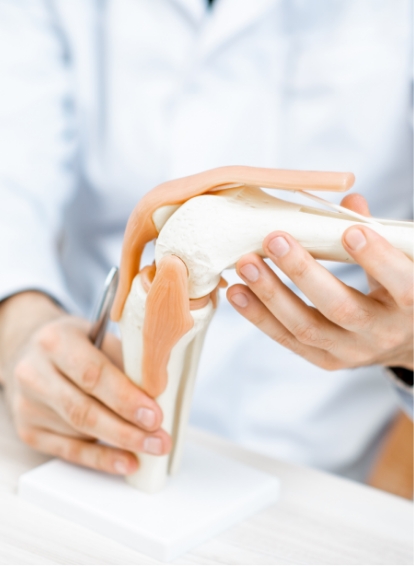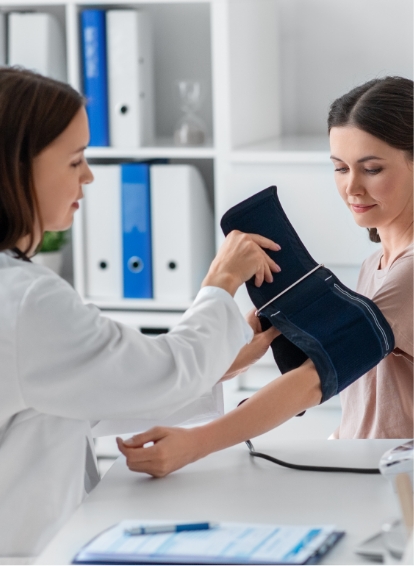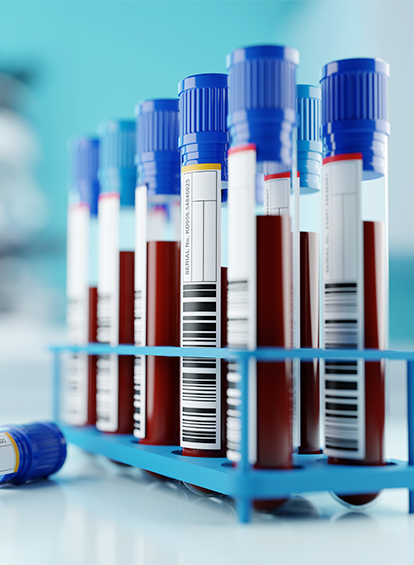Sports & Non-Surgical Orthopaedic Treatments
Tendinitis
Tendinitis is the inflammation or irritation of a tendon, which is the thick fibrous cord connecting muscle to bone. This condition can cause pain, swelling, and limited movement in the affected area. Tendinitis is commonly experienced in areas such as the shoulders, elbows, wrists, knees, and heels, making routine tasks challenging and uncomfortable.
At The Clinica, our specialists in Sports & Non-Surgical Orthopaedics are dedicated to diagnosing and treating tendinitis effectively, using targeted therapies to reduce inflammation, relieve pain, and improve joint function, enabling you to return to daily activities without discomfort.
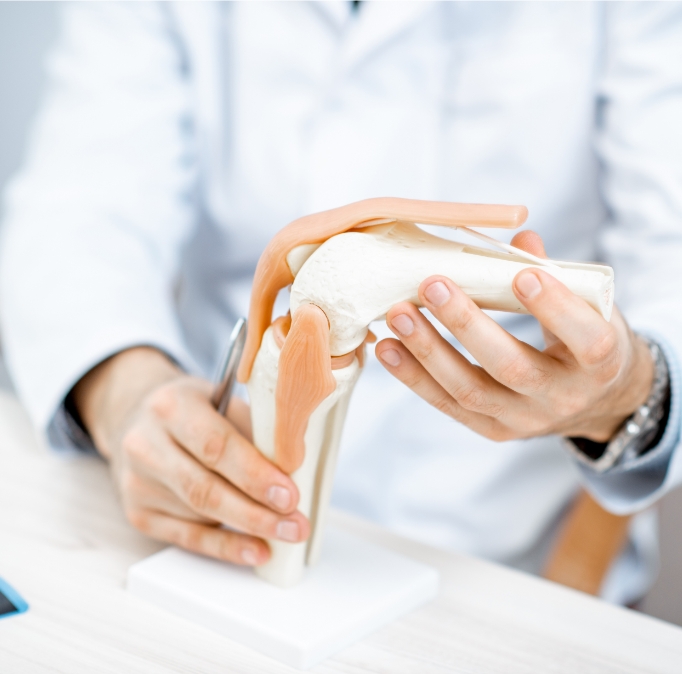
What is it?
Tendinitis occurs when a tendon becomes inflamed, often as a result of repetitive strain or injury. This condition can cause pain that is typically sharp and worsens with movement, especially during activities that involve bending or stretching the affected joint. Tendinitis is frequently linked to overuse or sudden increases in physical activity, which place excess stress on the tendons, causing them to become irritated and inflamed.
There are different types of tendinitis depending on the location of the affected tendon. For instance, patellar tendinitis affects the knee (often called "jumper's knee"), while Achilles tendinitis targets the Achilles tendon in the heel. Other common forms include tennis elbow and rotator cuff tendinitis in the shoulder. Left untreated, tendinitis can lead to chronic pain, stiffness, and even rupture, necessitating surgical intervention.
While tendinitis can affect anyone, it is most common among athletes and individuals whose work or hobbies involve repetitive motion. Age is also a factor, as tendons lose their elasticity over time, making them more susceptible to injury.
Book an appointment
Additional Information

Causes of the Condition
The primary cause of tendinitis is repetitive strain or overuse, which is often seen in sports or occupations that involve repetitive motion, such as typing, carpentry, or playing tennis. When a tendon is subjected to repeated stress, it can become irritated and inflamed, especially if there is insufficient time for recovery between activities. Poor posture and improper technique during physical activities can also place additional stress on tendons, increasing the risk of inflammation.
Other factors that contribute to tendinitis include age-related degeneration of the tendon tissue, certain medical conditions such as rheumatoid arthritis, and a sudden increase in physical activity. In some cases, tendinitis may be linked to biomechanical issues, such as having one leg shorter than the other, which can cause imbalanced movement and stress on specific tendons.
Tests That Can Be Done to Confirm the Condition
To diagnose tendinitis, our Consultant will perform a physical examination of the affected area to assess pain, swelling, and range of motion. Your medical history will also be reviewed to identify any risk factors or repetitive movements that may have contributed to the condition. Initial diagnosis can often be made based on these assessments alone, but additional tests may be required for a more accurate evaluation.
Imaging tests, such as ultrasound or MRI, may be recommended to confirm the diagnosis. Ultrasound is useful in detecting inflammation and structural changes within the tendon, while MRI scans provide a detailed view of soft tissue, helping to rule out other conditions and confirm the extent of the inflammation.
Effective Treatments
Treatment for tendinitis typically involves a combination of rest, physical therapy, and targeted therapies to reduce inflammation and promote healing. Resting the affected area is essential to allow the inflammation to subside. Activity modification, such as avoiding repetitive movements or high-impact exercises, is often recommended to prevent exacerbation of symptoms.
Non-surgical treatments such as corticosteroid injections and platelet-rich plasma (PRP) injections are commonly used for tendinitis. Corticosteroids are effective in reducing inflammation, while PRP injections use the patient’s blood to deliver concentrated growth factors directly to the tendon, promoting natural healing. These injections are generally safe and can provide significant relief from pain and inflammation.
Physical therapy is also a critical component of tendinitis treatment. A customised program of strengthening and stretching exercises helps restore function, improve flexibility, and reduce the likelihood of recurrence. In severe cases, where conservative treatments are ineffective, surgical intervention may be considered.
Book an Appointment for an Initial Consultation
Booking an initial consultation at The Clinica is the first step in managing tendinitis effectively. During this appointment, your specialist will perform a comprehensive evaluation, discuss your symptoms and medical history, and identify any repetitive activities that may be contributing to the condition. This initial assessment is crucial to formulating an effective treatment plan.
Following the examination, your clinician may recommend imaging tests to confirm the diagnosis and determine the severity of the condition. Once the diagnosis is established, a tailored treatment plan will be created, offering you a structured path to recovery.
Frequently Asked Questions
Avoid repetitive or high-impact activities that place stress on the affected tendon. Your specialist will provide specific guidance on safe exercises to aid recovery.
Mild cases of tendinitis may improve with rest and activity modification. However, untreated tendinitis can become chronic, so professional assessment and treatment are often recommended.
Yes, PRP injections are generally safe and use the patient’s blood to promote healing naturally. Minor soreness may occur post-injection, but serious side effects are rare.
Recovery time depends on the severity of the condition and adherence to the treatment plan. Many patients see improvement within weeks, though complete recovery may take several months.
Surgery is rarely required and is usually considered only if conservative treatments fail to provide relief. Most patients improve with non-surgical treatments like physical therapy and injections.
Specialised Clinics
General Enquiries
Please send your enquiry to us and our Practice Manager will be in touch shortly. Alternatively, if you would rather speak to us or your enquiry requires our urgent attention, please call us on 01344 946363.


